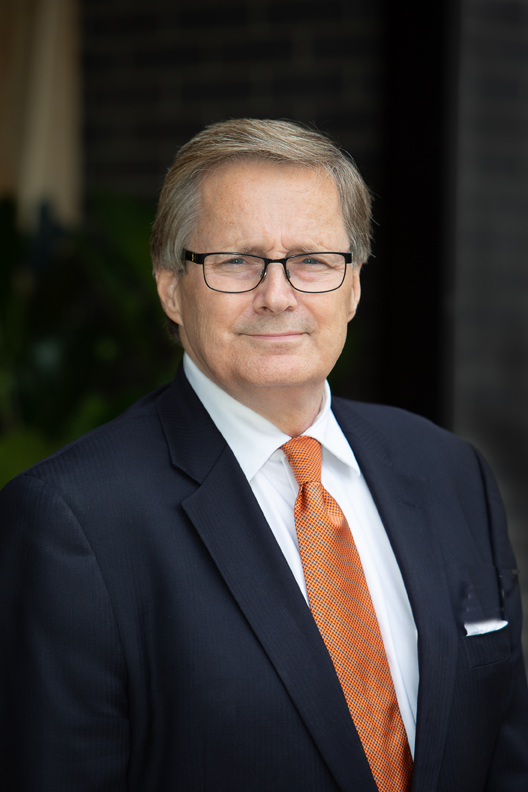Just by chance the other night, I watched a documentary about the Apollo program. It reminded me of the many aerospace engineers I’ve interviewed here who also played a huge role in the American race into space.
With little more than dreams and American know-how, they created materials and technology that landed a man on the moon. Men like Tom Logsdon, a mathematician from eastern Kentucky that came out west with stars in his eyes. He is credited with using a slide rule to figure out the first orbits of geostationary satellites that gave us the global positioning systems we use every day.
“That’s one small step for man, one giant leap for mankind.” In that moment, political affiliations, racial differences, and social statuses all dissolved into the ether, replaced by a shared sense of wonder and pride.
In those hallowed halls of memory, there exists a time when the stars seemed closer, when the impossible became tangible, and when the whole world gazed upward in awe. It was the era of moon landings, an epoch where the collective spirit of humanity soared higher than any spacecraft could ever dream.
Americans from all walks of life united in celebration, bound together by the sheer audacity of human achievement.
On this night, however, what I admired most while watching was not the brilliance of the technology, but the softness of their hearts that either we’ve lost or put in storage until later.
Almost to a person, every former engineer interviewed swelled with so much pride the scope of their collective accomplishments brought tears to their eyes.
No liberals, no conservatives. Just Americans, shedding tears of joy over what we did as a country and their role in it.
So we vote again next week. As we head back to the polls for California’s presidential primary, we should never lose sight of what we’ve lost.
How could we have allowed society to transform from celebrating moon landings to becoming mortal political enemies?
Mortal enemies might be a stretch, but civil war is a regular topic in our political discourse and polls are indeed being taken to determine how Americans feel about Texas seceding from the union. Just saying.
Sure, the rapid pace of societal change, fueled by technological innovation and globalization, has widened the generational gap, leading to a breakdown in intergenerational communication and understanding. Verbal attacks at the erosion of traditional social structures and institutions have also played a role in the fracturing of unity within society.
The breakdown of community bonds, the decline in civic engagement have left many individuals feeling disconnected and isolated. In the absence of strong social ties, people are more susceptible to the allure of extremist ideologies and tribalistic identities.
Yet we remain all Americans.
Divisive rhetoric has created craters metaphorically deeper than the bombs being dropped across the ocean. With the modern tools of disinformation, there is little reason to believe we can expect little but each side staying on the attack simply seeking to discredit the other.
The U.S. Congress was not long ago a forum for the greatest minds in our country. Once, they debated in public the greatest issues of the day, using the best aspects of both sides to form compromise. To be sure, it is, at the moment, no longer the world’s greatest deliberative body. We find ourselves confronted today with a stark reality: the once-unified nation now stands fragmented, torn asunder by the bitter winds of division.
Tragically, we see it happening at the national level as well as the local level. In our backyard, we’ve seen local governments create fear around their colleagues and a profound dedication to opaque transparency.
The saddest fact of all is that much of the inherent goodness of America remains. That inner spark, the shining city on the hill as Reagan saw it, is still where we live. Though it may be somewhat obscured by political misdirection and misinformation, there is hope.
Perhaps the truth lies somewhere in the interplay of all these factors. Yet, amidst the cacophony of discord, there remains a glimmer of hope, a faint echo of that bygone era when unity triumphed over division. For just as the moon once seemed an impossible dream, so too does the prospect of bridging the gulf that separates us.
We must remember that beneath the veneer of ideological difference lies a common humanity and one that transcends political affiliation, race, or creed. Only by embracing empathy, understanding, and a willingness to engage in genuine dialogue can we hope to reclaim the spirit of unity that once defined us as a nation.
As with every election, we hope new ideas will somehow surface to forge a new path forward; one guided not by fear or division, but by the boundless potential of human collaboration.
In the end, the stars can still shine just as brightly in the darkness of space as they did on that fateful day when mankind first set foot on the moon. Only we can decide to see the darkness or the shine.

